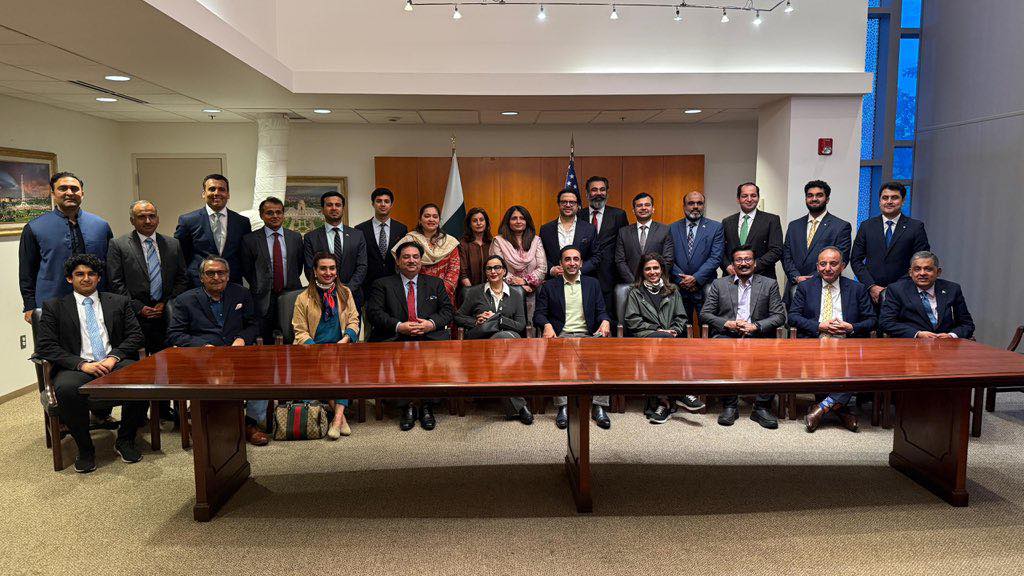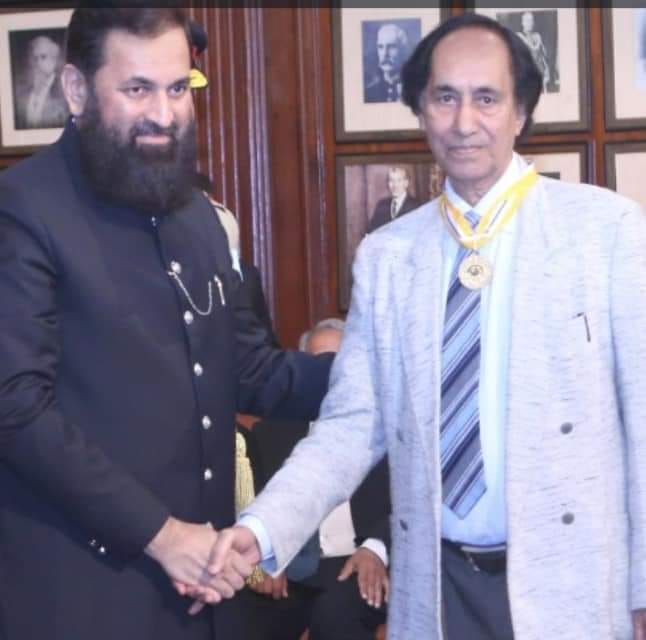Countering Hostility with Diplomacy: Bilawal’s Mission for Peace
Editorial

In a world increasingly marred by posturing, populism, and polarization, Chairman of Pakistan Peoples Party and former Foreign Minister Bilawal Bhutto Zardari is charting a refreshing course—one that prioritizes dialogue over discord, peace over provocation, and diplomacy over division.
Fresh from a high-stakes diplomatic mission to the United States, Bilawal Bhutto-Zardari has once again proven himself not just as a party leader, but as a credible national statesman with an international vision. His delegation’s stop in the United Kingdom, following over 50 critical meetings in the U.S., marks a vital moment in Pakistan’s foreign policy—where tact, tone, and truth converged to reclaim narrative space too often ceded to hostility and misunderstanding.
In New York and Washington, Bilawal did what few contemporary Pakistani leaders have done effectively—he made the world listen. He challenged India’s aggression in Occupied Kashmir, not with belligerence, but with moral clarity. He advocated for the restoration of the Indus Waters Treaty, a matter of life and livelihood for millions of Pakistanis. And he called for sustained dialogue with India—not just as a political strategy, but as a human imperative.
“Peace is not only possible, it is imperative,” Bilawal said, echoing the ethos of diplomacy his grandfather Zulfikar Ali Bhutto once espoused and his mother Benazir Bhutto championed. These aren’t just lofty sentiments; they are grounded in the sobering reality that two nuclear-armed nations cannot afford eternal enmity.
Bilawal’s message to global leaders was unambiguous: Pakistan seeks peace, not provocation. He countered India’s toxic narrative not with nationalist bluster, but with a vision of dignity, truth, and multilateral engagement. At a time when India’s behavior in Kashmir is drawing global criticism, Pakistan needed a voice that could resonate in Washington, London, and beyond. Bilawal delivered.
His social media post, thanking “Team Pakistan” and affirming that “Truth and Diplomacy works,” captured not just the spirit of the trip but the essence of modern statesmanship. It's a lesson to those who mistake domestic political theatrics for international credibility.
Too often, Pakistan’s global engagement is reactive, fragmented, and misaligned. Bilawal’s tour marks a strategic recalibration—one where Pakistan presents itself not as a problem, but as a responsible regional actor committed to solutions. His emphasis on U.S. engagement in advancing South Asian stability is timely and wise, particularly as great powers recalibrate their own positions in the region.
What stands out most is Bilawal Bhutto Zardari’s mature tone and multilateral vision. Unlike the hawks in India who thrive on conflict, Bilawal is offering pragmatism rooted in principle. At a time when Pakistan faces economic, political, and social headwinds, such diplomatic stewardship is not just welcome—it is necessary.
His leadership underscores that statesmanship is not about sabre-rattling, but about strategic thinking and moral courage. His work abroad has elevated Pakistan’s voice at a crucial time, and perhaps more importantly, it has reminded the world—and the country—what thoughtful, purpose-driven foreign policy can look like.
Bilawal Bhutto Zardari’s recent diplomatic success is not just a personal milestone—it is a national opportunity. It offers a roadmap for Pakistan to re-engage the world with confidence, credibility, and clarity. For a country that has long suffered from a crisis of global image, his leadership shines as a beacon of responsible diplomacy and a hopeful chapter in Pakistan’s international journey.
In a volatile neighborhood, Pakistan has shown—thanks to Bilawal’s leadership—that peace is not just a possibility, but a policy worth pursuing.


No comments yet.